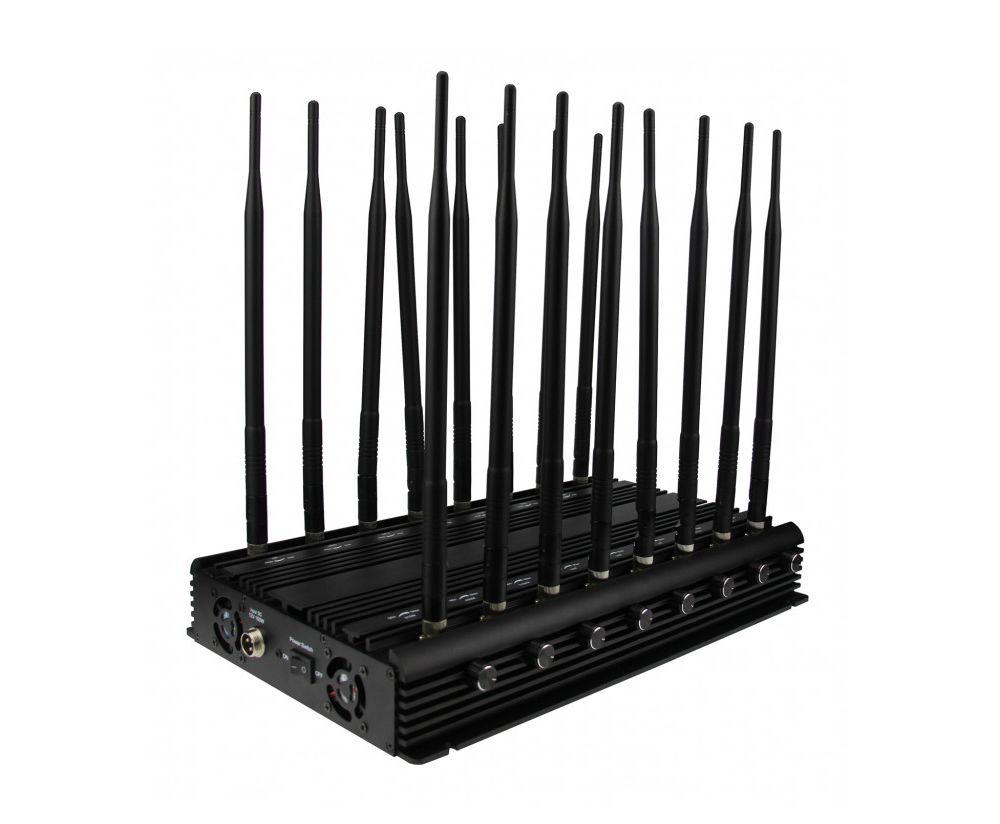WiFi Jammers: A Double-Edged Sword
WiFi jammers, devices designed to disrupt wireless connections, have been a subject of intense debate due to their dual nature as privacy tools and potential threats. As the digital landscape continues to expand, the intentions behind using WiFi jammers range from legitimate security concerns to malicious intent, raising questions about their role in modern society.
The ongoing debate over the legitimacy of WiFi jammers revolves around the benefits they provide in certain scenarios and the potential risks they pose to public safety. As with many technologies, the ethical and practical implications of using WiFi jammers are complex and multifaceted, requiring a comprehensive analysis to understand their true impact.
Privacy Preservation: The Positive Side of WiFi Jammers
In an increasingly digital world, privacy has become a paramount concern for many individuals. WiFi signal blockers can offer protection from unwanted surveillance and intrusion, helping to safeguard personal information from prying eyes. In addition, these devices can play a crucial role in countering corporate espionage by securing sensitive data and protecting intellectual property.
WiFi jammers can also be used to enhance security measures in high-risk environments, such as government facilities and research institutions, where the unauthorized access of confidential information could have severe consequences. In these situations, WiFi jammers can act as a valuable tool for maintaining the integrity of classified networks and systems.
Unintended Consequences: The Dangers of WiFi Jammers
Despite their potential benefits, WiFi jammers also pose significant risks to essential services and infrastructure. By disrupting wireless connections, these devices can inadvertently impact communication systems vital to the functioning of society, such as traffic control, power grids, and healthcare facilities.
Furthermore, WiFi jammers can interfere with emergency communication systems, potentially hindering first responders and jeopardizing public safety. The use of these devices also raises concerns about nefarious activities, such as criminal enterprises employing jammers to evade law enforcement or create public disturbances.
The Ethical Conundrum: Weighing the Pros and Cons
The complexities surrounding WiFi jammers necessitate a careful examination of their ethical implications. Balancing the right to privacy with public safety considerations requires a nuanced understanding of the potential consequences of their use.
Using WiFi jammers can create moral dilemmas, as individuals may feel compelled to protect their privacy at the expense of potentially harming others. The potential for abuse and unethical behavior is also an important consideration, as unscrupulous individuals could exploit these devices for malicious purposes.
The legal landscape surrounding WiFi jammers is a complex tapestry of laws and regulations that vary from country to country. While some nations have stringent restrictions on the use of these devices, others have adopted more lenient policies that permit their use under specific conditions.
Enforcement challenges and the role of authorities further complicate the issue, as detecting and prosecuting illicit use of WiFi jammers can be a difficult and resource-intensive task. As technology continues to evolve and the debate around WiFi jammers persists, it remains to be seen how regulations will adapt to address the concerns surrounding these contentious devices.

